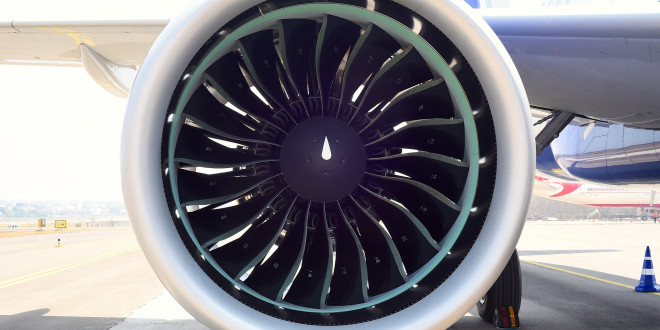The European Aviation Safety Agency (EASA) has issued an emergency airworthiness directive (EAD) which affects the Airbus A320neo and A321neo powered by the Pratt & Whitney PW1100G geared turbofan (GTF) engines.
EAD 2018-0041-E identifies an increased risk of in-flight shut down (IFSD) on all PW1127, PW1130 and PW1133 engines with engine serial number (ESN) P770450 or later. The problem is with a knife-edge seal on the high pressure compressor (HPC) aft hub. This raises the potential of an IFSD on both engines. .
The EAD affects about 43 engines out of a population of over 225 engines. The EAD effectively suspends ETOPS certification for all affected engines (extended twin-engined operations away from airport like over water and unpopulated areas). It also requires airlines operating any A320neo or A321neo aircraft fitted with two affected engines on the same airframe, to replace at least one of the engines.
The engine manufacturer Pratt & Whitney has issued a statement “Pratt & Whitney, with the support of Airbus, is in close contact with customers to address the results of a recent finding related to the knife edge seal in the High Pressure Compressor (HPC) aft hub on the PW1100G-JM engine powering the A320neo. This issue is isolated to a limited subpopulation of engines.
We have identified the potentially affected engines and communicated with our customers. As a precaution, aircraft with these engines will be addressed in a manner consistent with the operational instructions issued by Airbus and coordinated between Airbus and Pratt & Whitney as needed”
Due to Spirit Airlines incident
As per website Aviation Herald, the latest in a string of problems affecting the PurePower GTF engine appears to have been prompted by an incident with an A320neo of US ultra-low-cost-carrier Spirit Airlines on February 4th. The incident engine was a PW1127G.
 Bangalore Aviation News, Reviews, Analysis and opinions of Indian Aviation
Bangalore Aviation News, Reviews, Analysis and opinions of Indian Aviation




